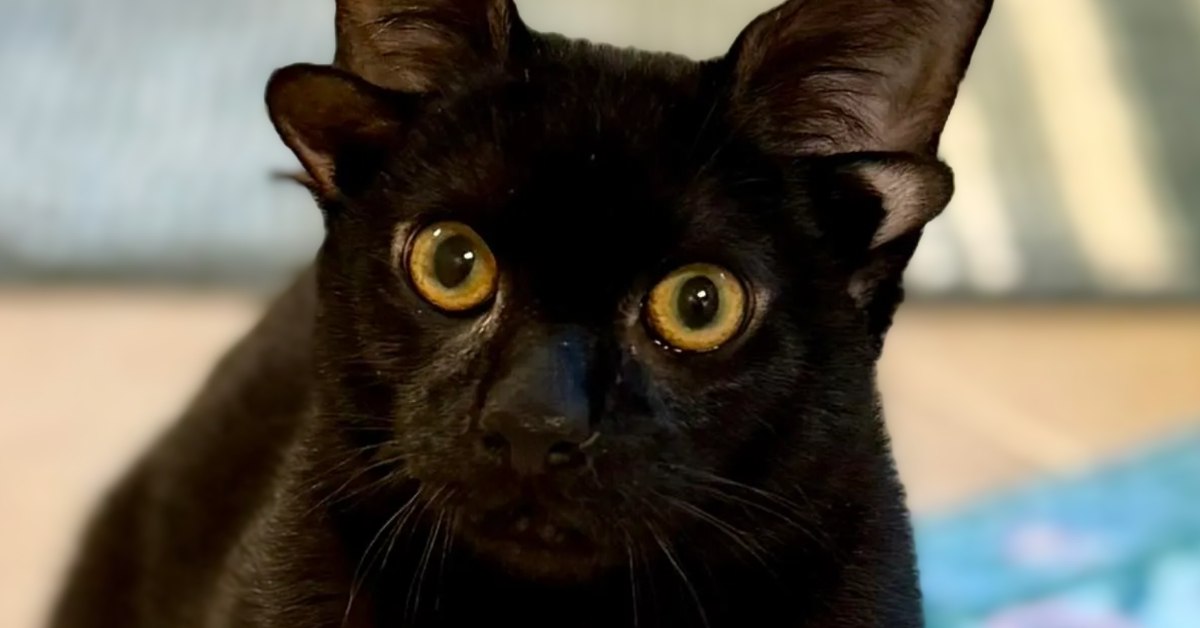Rhino deaths have surged in South Africa, but a group of women has reduced poaching by 76 percent within their area of operation since 2013, according to The Guardian.
Their unarmed anti-poaching unit, called the Black Mambas, has removed thousands of snares, destroyed 10 poacher camps, and put six bushmeat kitchens out of service. Their work has led to six arrests for poaching.
The country has the world’s largest rhino population but has sadly seen a huge growth in poaching since 2007, a year when just 13 were killed. More than 5,000 were killed in the eight years following. Conservationists warn the species could become extinct in the next 10 years.

In the six months before the group was formed in 2013, 16 rhinos were lost in one of the private reserves bordering Kruger National Park. But in the year following the group’s formation, that number shrunk to just three.
The 26 women, all from disadvantaged communities bordering the national park, receive paramilitary training and wildlife education before joining guards and intelligence units in the fight against poaching.
The Black Mambas cover up to 20 kilometers (more than 12 miles) by foot or vehicle at night, removing snares, setting up roadblocks, and assisting with tracking collars.
The horn is seen as status symbol in parts of Asia including Vietnam and China, where it is ground up and used as a recreational drug or medicinal cure.
It’s worth more than gold, but it has next to no treatment value. Its healing properties are no different than biting and consuming your own fingernails.
The group hopes to teach community members that local black women can get jobs and an education.
One member of the Black Mambas, Felicia Mogakane, now supports 10 family members with her salary and is able to purchase groceries and pay for school for her two sons.
In 2015 the group received the Champions of the Earth prize — the United Nations’ highest environmental honor.
A version of this story originally ran in Issue 04 of the Goodnewspaper in May 2018. The Goodnewspaper is our monthly print newspaper filled with good news.
You can join thousands of subscribers who get access to more exclusive stories like these, our private community space, a free inspiring poster, and so much more. Become a subscriber today.



